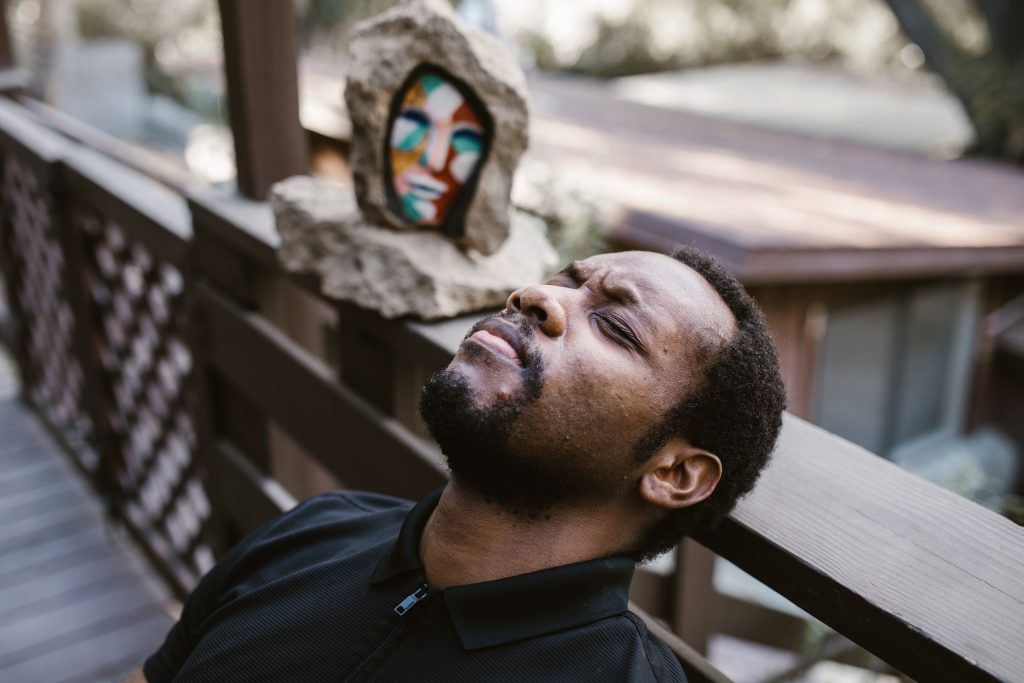What is trauma?
Although there is much debate on what trauma actually is, I’m going to talk about the way I have come to see it within myself and in those I work with.
Trauma is the result of an undigested overwhelming experience.
Imagine a child being abused by his parents or a construction worker getting stuck inside a crashed vehicle, fearing for his life for 3 hours straight before he gets rescued. Or a woman being threatened to be beaten day in and day out by her husband.
These experiences leave a residue in our psyches when they remain undigested and unprocessed. What do I mean by undigested? An overwhelming experience means what is happening is too much for the nervous and emotional system to handle in the moment. Because it is too much, it gets stored in the body (or in the survival system) to get processed later.

Researchers studying animals in the wild found something very interesting. After a deer runs away and hides from danger (another animal trying to hunt it), it settles down into safety and begins to shake. After a few minutes, the deer gets up and continues its life. This is how a lot of animals literally shake off the impact of death trauma primarily because they had to act so fast in the moment of the actual danger that there was no time to process the shock of what was happening.
In our society, we are barely starting to really understand trauma.
Let me tell you about another example. There are accounts of 2nd and 3rd generations of those who have survived through world wars. After generations, these adults still feel guilty when they don’t finish the food that was served to them and some still penny pinch even though they are well-off. In the time of war and scarcity, these responses are adaptive survival strategies, but why do these patterns continue generations after while there is no logical reason for their existence? Intergenerational trauma.
In short, trauma follows.
In my opinion, in one way or another, we each carry trauma. Some of this trauma has been passed down to us by our parents who have inherited it from their parents and some of it happened in our own lives. Keep in mind, continuous low level stress can cause trauma as well as emotional neglect. Trauma is not always caused by a big event that happens for a while and then comes to an end.

Being born into a society that is obsessed with productivity and achievement is also a traumatic experience! Most adults understand this much later in life, when they are so exhausted and depleted that they begin to question the meaning and purpose in their lives – or why their lives seem to lack these so much.
In my experience, here are some symptoms of trauma:
- A feeling of deep inner emptiness, lack of enthusiasm
- A continuous feeling of exhaustion and overwhelm
- Developing addictions although we know we want to quit
- Being in high gear or hypervigilant at all times
- Not being able to stop and rest (addiction to doing)
- Consistently shallow or dysfunctional relationships
- Low self-worth, feeling like there is something “wrong” with me
- Inability to express one’s self and say “no” when we have to
- Excessive interest in spirituality as a way of avoiding one’s pain
- Falling in love very quickly each time, thus getting love-addicted
- Trying to go at it “alone” – exaggerated independence
- The extremes of never trusting anyone and trusting everyone 100% right away

As I said, I believe we each carry at least some trauma. If you feel any of this resonates with you, I suggest you begin to work with a therapist who deeply understands trauma including developmental trauma.



